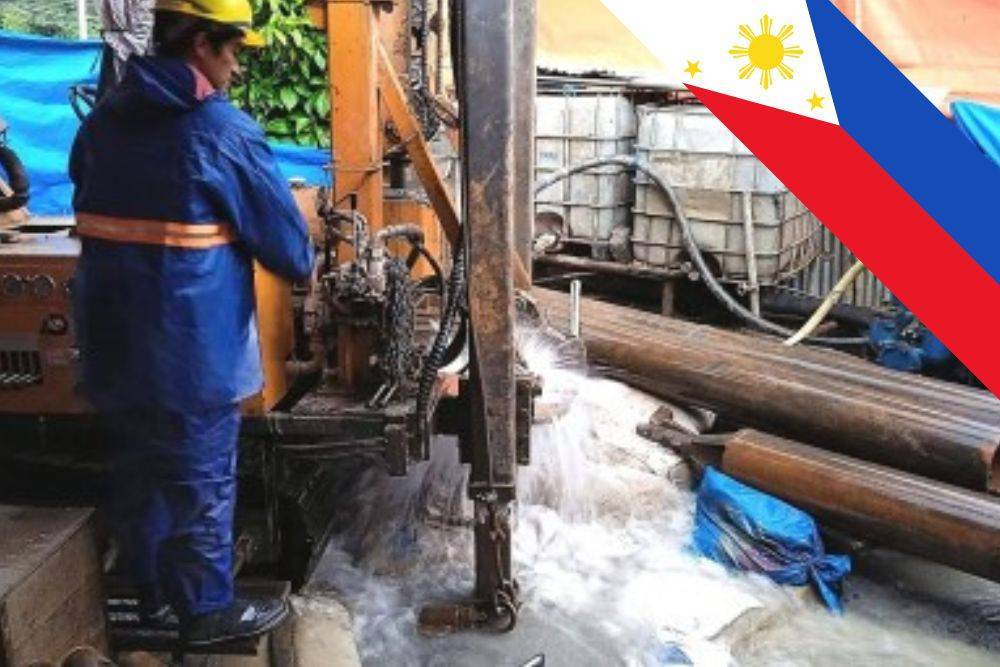Baguio City is intensifying its efforts to combat illegal and unregulated deep wells through a multi-stakeholder approach.
The initiative emphasises the critical health implications of groundwater management and aims to ensure safe water for residents and address the city’s water scarcity and contamination issues.
Health Risks of Unregulated Wells
Unregulated deep wells pose significant health risks, contributing to water contamination and waterborne diseases. Earlier this year, Baguio experienced a severe diarrhoea outbreak, affecting over 3,000 residents and highlighting the urgent need for stringent regulation of groundwater sources. Contaminated water from these illegal wells can carry harmful bacteria, viruses, and chemicals, posing a severe threat to public health.
Common Diseases
Common waterborne diseases from contaminated water include:
- Diarrhoea, is often caused by bacteria like E. coli, viruses, parasites
Cholera, linked to Vibrio cholerae, which leads to severe dehydration - Typhoid fever, caused by Salmonella typhi, resulting in high fever, fatigue, and abdominal pain
- Hepatitis A, a viral infection affecting the liver;
- Giardiasis, a parasitic infection causing digestive issues.
Therefore, these diseases underscore the critical need for stringent regulation of groundwater sources to protect public health.
Multi-Stakeholder Collaboration
To tackle this issue, Baguio City is working closely with the National Water Resources Board (NWRB) and the Department of Environment and Natural Resources-Cordillera Administrative Region (DENR-CAR). The upcoming memorandum of agreement (MOA) will formalise this partnership, focusing on improved regulation and conservation of groundwater resources. This multi-stakeholder approach ensures a comprehensive strategy to manage and protect the city’s water supply.
Involvement of Local Agencies
The City Environment and Parks Management Office (CEPMO) is at the forefront of this initiative. They are coordinating efforts with local government units to monitor and regulate deep wells. Consequently, this collaboration is crucial in identifying and addressing the sources of water contamination, and ensuring that all wells meet health and safety standards.
Regulatory Actions
Additionally, the NWRB has the authority to close illegal wells, a crucial step in curbing the proliferation of unregulated water sources. The city government is also tasked with ensuring that well operators obtain necessary permits and comply with health guidelines. By enforcing these regulations, Baguio aims to reduce the incidence of waterborne diseases and secure safe drinking water for its residents.
Public Awareness Campaigns
In addition to regulatory actions, public awareness campaigns are being launched to educate residents about the dangers of using water from illegal wells. These campaigns aim to inform the public about the health risks associated with contaminated water and encourage the use of regulated water sources. To reach a wide audience, these efforts include community meetings, informational brochures, and school programs.
Technological Innovations
Baguio is also exploring technological innovations to monitor and manage groundwater resources more effectively. Advanced water quality testing kits and remote sensing technology will also enable authorities to detect and address contamination issues promptly. Real-time data collection and analysis will allow for more responsive measures to protect public health and ensure water safety.
Community Involvement
Furthermore, community involvement is a key component of this initiative. Residents are encouraged to report illegal wells and participate in community water management programs. By involving the community, Baguio aims to foster a sense of responsibility and collective action in protecting the city’s water resources. Community workshops and training sessions are being organised to empower residents with knowledge and tools to safeguard their water supply.
Conclusion
Through this collaborative initiative, Baguio aims to address the public health challenges posed by illegal deep wells, promoting sustainable groundwater usage and improved health outcomes. The joint efforts of local and national agencies, coupled with community involvement and technological innovations, are expected to enhance the city’s water management practices, ensuring a safer and healthier environment for all residents. By tackling the issue of unregulated wells head-on, Baguio City is taking a proactive stance in safeguarding the health and well-being of its community.
Photo credit: PNA file photo courtesy of BWD
Have a pressing question for a doctor? Medical Channel Asia has launched a community forum page where you can get questions answered by a medical specialist. Visit the community forum here.

